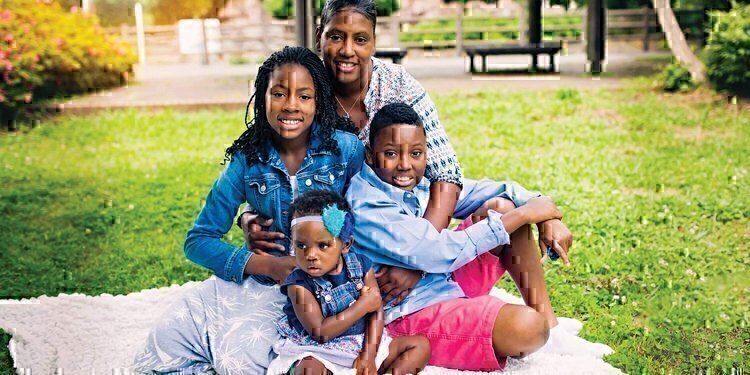See this and more inside the July issue of Military Spouse Magazine!
Many dream of living overseas, exploring cultural landmarks and works of art that they’ve only read about. For military families, the reality of living Outside the Contiguous United States (OCONUS) is often quite different from a true expat experience, and satisfaction levels vary by rank, location, and community connections.
Can We Afford This?
Money doesn’t buy happiness, but for those living abroad it does buy flexibility. Military stationed OCONUS, in addition to normal PCS costs, must consider the following:
- Lost spouse income
- Pet-related costs (boarding, transportation)
- Automobile costs (buying OCONUS, storing or selling stateside vehicles)
- Leisure travel
- Stateside travel (weddings, funerals, etc.)
In order to alleviate the stress of some of these additional costs, the government pays military members a Cost of Living Allowance (COLA). COLA amounts to a few hundred dollars extra each month based on location, rank, time in service and family dynamic, with officers getting more than enlisted.
One of the perks of living abroad is the opportunity to travel and experience new cultures. However, not all families have the same ability to travel.
“If you have kids and you want to go to a port, you might have to eat ramen noodles for the whole six months before they go in order to afford it,” said Navy spouse Teena Hester, who was stationed in Japan for six years.
Money is not the only area that makes a difference. Living on a military installation abroad can feel like living in a fishbowl. As a result, some spouses, who also struggle to find gainful employment, more closely associate with their spouse’s career than they would stateside.
“I did not like how there were separate groups for officer spouses from enlisted spouses,” said Air Force spouse Rachel Hannum-Grinstead, who was stationed in Ramstein Air Base in Germany. “I felt that was very old school segregation.”
Location, Location, Location
Navy spouse Megan Glaser has spent nearly eight years OCONUS, stationed in both Japan and Germany, the two most popular OCONUS duty stations, with her husband and (now) four children. “I have never been asked what my spouse does while interacting with my German friends or acquaintances. This was different from my interactions with most of my Japanese friends.” Each location is accepted by the local community in different ways, with some embracing the introduction of American military culture, while others are more cautious.
Familiarity with foreign culture can help military families adjust, allowing them to get plugged into their new location more easily. However, unmet expectations can also hamper a positive experience.
“I was super excited,” said Army spouse Malori Mayor about her move to USAG Wiesbaden. “I didn’t expect to experience culture shock…Going into it having such high expectations of how I was going to handle it made it harder than I expected.”
Different Location, Same (Employment) Problem
According to Blue Star Families’ findings, “the lack of employment can undermine a sense of belonging to the community.” Of the military spouses who want to work OCONUS, 88 percent reported difficulty in finding employment.
“It’s a steep learning curve,” said Sue Hoppin, founder of the National Military Spouse Network (NMSN), an organization focused on military spouse employment advocacy. “It would be so helpful to have a simple chart that shows Status of Forces Agreements (SOFA) [employment] regulations.”
According to NMSN, providing transparency would be a step toward reducing the OCONUS military spouse unemployment gap.
Resilient Solutions
Like any other challenge, military spouses find positives in hard situations.
Mayor created YouTube videos for other incoming families.
Hester used her strong network to create a photography business.
Hannum-Grinstead navigated the complicated waters of overseas entrepreneurship while providing physical therapy abroad.
The Glasers jumped at the chance to experience multiple overseas tours.
While there is no “5 Steps to a Successful OCONUS Experience,” being aware of the challenges is one small step in the right direction.



